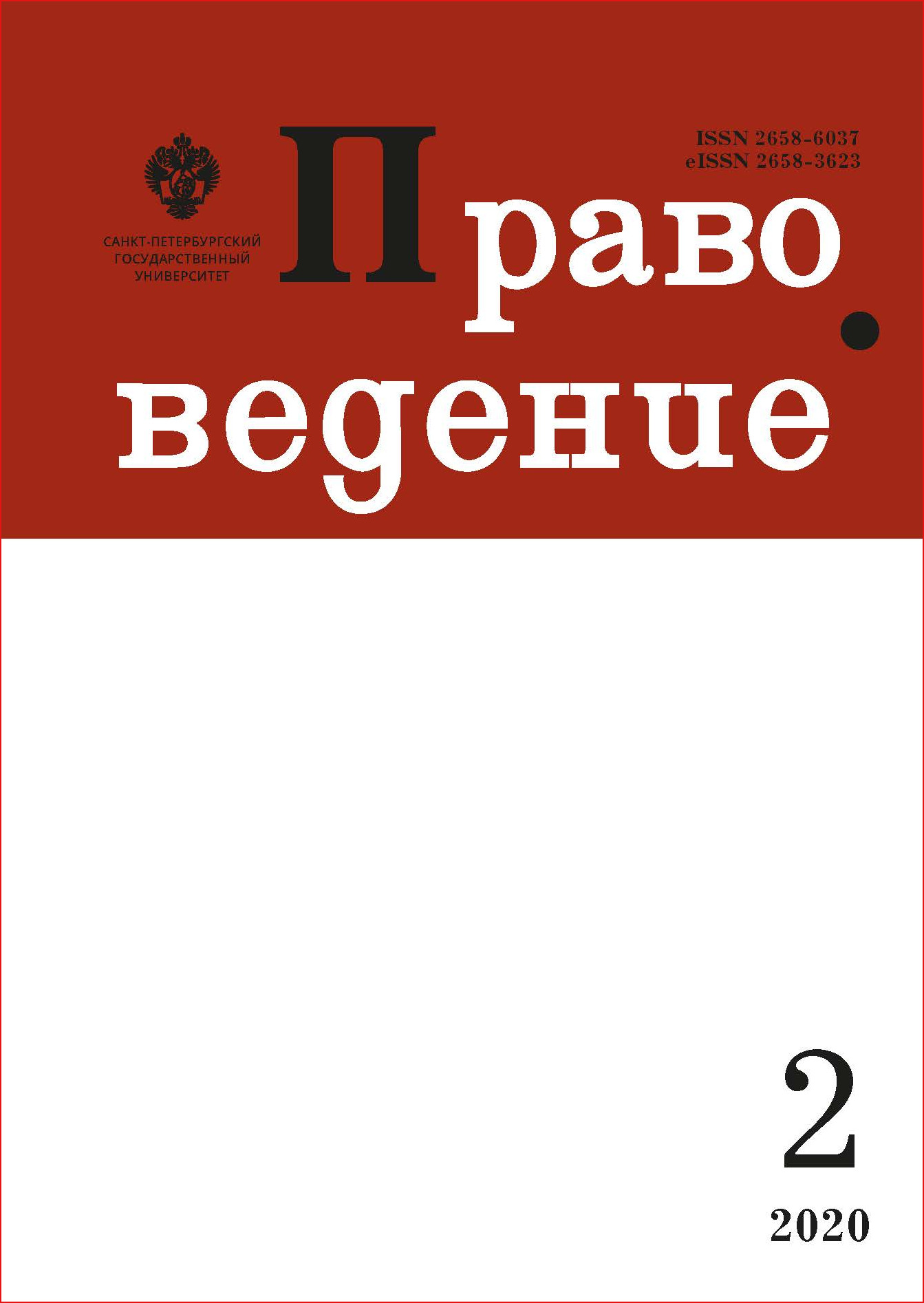Сivil law information obligations under French law
DOI:
https://doi.org/10.21638/spbu25.2020.203Abstract
The article is the result of a study of the doctrine and practice of information obligations under French law, which initially did not recognize any broad information obligations. The development of this institution has been slow with the accumulation of doctrine and practice. There has been a gradual realization that solidarity, fairness and good faith require disclosure of information relevant to the decision to enter into a contract or implement a contract. Particularly noticeable was the expansion of information obligations in professional relationships. Much attention is paid to the doctrinal problem of defining information obligations using the necessary elements: material and psychological. Only the simultaneous presence of these elements on the debtor’s side and the absence of an inexcusable mistake on the creditor’s side testify to the presence of an information obligation. It is noted that one of the peculiarities of information obligations is the fact that, as a rule, the creditor learns about it when the obligation has already been violated. These examples of legislative regulation and court practice demonstrate the complexity of interaction between the institutions of error and fraud and the legal category of information obligations. The author of the article proposes to get acquainted with the generally accepted division of information obligations by chronological criterion and by the degree of content of the obligation. In general, it should be noted that this study will be useful for the beginning of the formation of the doctrine of information obligations, which is currently absent in Russian civil law.
Downloads
References
Downloads
Published
How to Cite
Issue
Section
License
Articles of "Pravovedenie" are open access distributed under the terms of the License Agreement with Saint Petersburg State University, which permits to the authors unrestricted distribution and self-archiving free of charge.




